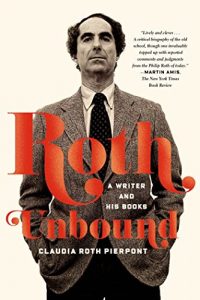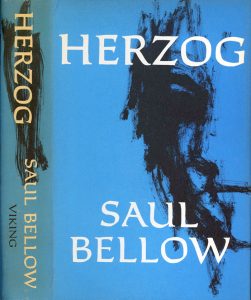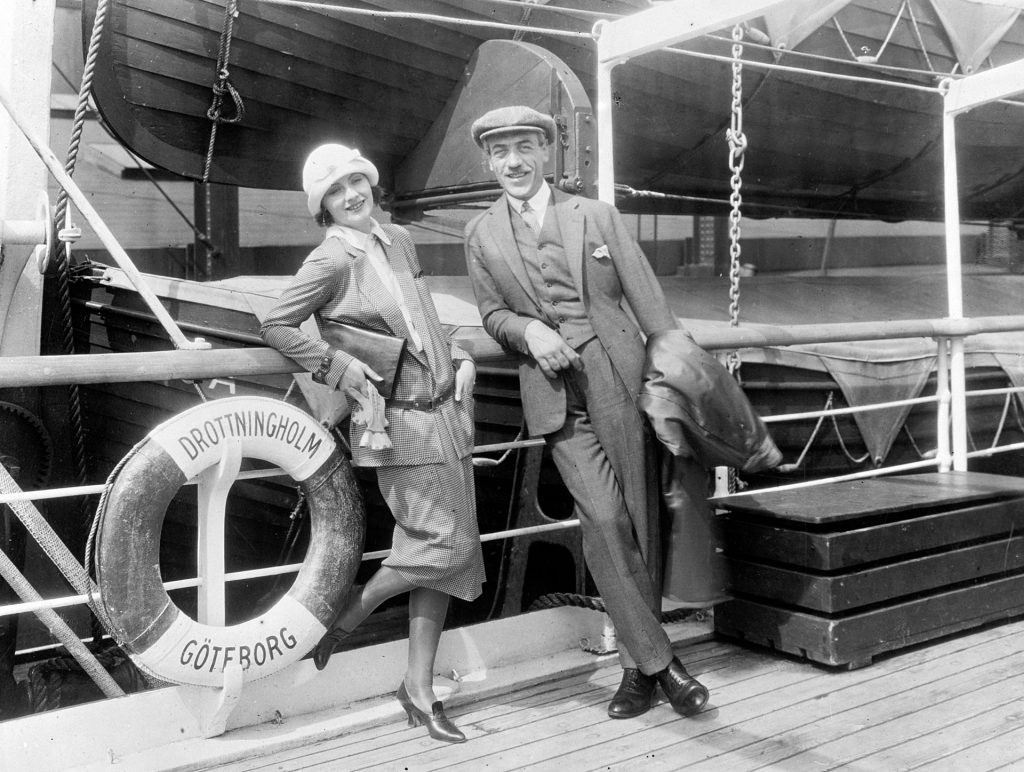Nobel Prizes for Literature: An Explosive Mix
Robert Liebman
 In literature as in the sciences, a disproportionately high number of prizes have gone to Jews.
In literature as in the sciences, a disproportionately high number of prizes have gone to Jews.
This particular collection is a bit meshuganah.
The recipient of the 2006 Nobel Prize for literature was Robert Zimmerman, an American (born in Duluth, Minnesota) who wrote neither novels nor short stories nor poems. He wrote and sang his own songs (yes, many of them poem-like) under the nom de plume—actually, his stage name—Bob Dylan.
Novelist Philip Roth feigned approval: “It’s okay, but next year I hope Peter, Paul and Mary get it,” he quipped, referring to the popular Sixties folk trio.
 The bona fide author of numerous first-rate novels including the comic masterpiece Portnoy’s Complaint, Roth was himself, many critics would argue, a more worthy Nobel recipient. He a least wrote actual books, containing characters that he actually made up.
The bona fide author of numerous first-rate novels including the comic masterpiece Portnoy’s Complaint, Roth was himself, many critics would argue, a more worthy Nobel recipient. He a least wrote actual books, containing characters that he actually made up.
Roth hurt his own chances for a Nobel, he believes, thanks to the public kerfuffle surrounding his marriage to Jewish actress Claire Bloom. She gave her side of the story in her memoir Leaving a Doll’s House, and Roth got his own back in a work of nonfiction, I Married a Communist. Some marriages are bad, and some are horrible, and then there is Samuel Butler’s take on Mr. and Mrs. Thomas Carlyle: “It was very good of God to let Carlyle and Mrs. Carlyle marry one another and so make only two people miserable instead of four.”
When, after years of wishful thinking, Jewish novelist-journalist Norman Mailer finally despaired of becoming a Nobel laureate, he also blamed the missus. In 1960 the author, propelled to fame by his 1948 war novel The Naked and the Dead, ran for Mayor of New York City. He announced his candidacy at a party he hosted at his Manhattan flat.
This druggy and boozy affair ended abruptly In the early hours of the next day when he stabbed his wife. She survived but, in his estimation, he killed his chances for a Nobel. The Awards committee was simply not going to honor a wife-stabber, he later said. However, it is doubtful that the prize would ever have been awarded to him even if he had behaved like a choir boy. Nor did he become mayor.
Making it, Faking it
Anemic writing ability didn’t prevent Jewish-American novelist Henry Bech from winning his Nobel. He wrote only a handful of novels, none distinguished, but his timing was excellent.
Bech is the fictional creation of prolific novelist John Updike, a gentile writing in an era when the literary scene appeared to be dominated by Jewish novelists tackling Jewish characters and themes—most notably, Roth and Saul Bellow and Bernard Malamud (The Fixer, The Assistant). With Bech, Updike muscled into prime ethnic literary territory that was otherwise off-limits.
As Updike’s Bech is a so-so writer at best, literary quality is not going to win the Prize of Prizes for him. Insted, Updike makes Bech a plausible Nobel winner by putting the onus not on quality but on waffly judges unable to pick a unanimous winner. Bech is the compromise candidate.
Could something like that occur in real life?
Eyvind Johnson and Harry E. Martinson jointly won the 1974 Nobel. The Nobel judges for that year included, yes, Johnson and Martinson. They nominated one another, and in so doing, denied Bellow (temporarily), Vladimir Nabokov and Graham Greene.
*
Founded and funded by dynamite discoverer Alfred Nobel (1833-1896), the first literature award was handed out five years after his death, to French poet Sully Prudhomme.
Nobel’s first Jewish literature laureate went, in 1910, to Paul von Heyse (Jewish mother) and, no, I hadn’t heard of him either. Seventeen years later Jewish writer-philosopher Henri Bergson got the gong.
Russia’s Nobel laureates—the partly-Jewish Boris Pasternak (Dr. Zhivago) in 1958, and poet-essayist Joseph Brodsky in 1987—made waves. The Russian government prevented Pasternak from accepting the award, and they doubtless would have done the same to Brodsky if he hadn’t already fled to America.
When Ukraine-born S.Y. (Shmuel Yosef) Agnon got his Nobel in 1966, Israel had no objections but some Israeli kibitzers exclaimed, ‘Nu, what’s wrong with Chaim Grade and Abraham Sutzkever.’
 In 1976 Canada-born American writer Saul Bellow got his Nobel, and two years later it was the turn of Poland-born American writer Isaac Bashevis Singer, who wrote in Yiddish as well as English. The translator of his esteemed short story “Gimpel the Fool” was Saul Bellow.
In 1976 Canada-born American writer Saul Bellow got his Nobel, and two years later it was the turn of Poland-born American writer Isaac Bashevis Singer, who wrote in Yiddish as well as English. The translator of his esteemed short story “Gimpel the Fool” was Saul Bellow.
Other tribal winners include Nadine Gordimer (1991), a first-generation South African of Latvian descent, and Londoner Harold Pinter (2005), whose grandparents came from Poland and Russia.
Other Continental winners: Sephardic Jew Elias Canetti (1981) was born in Bulgaria and lived for a short time in Manchester before relocating to Vienna. Frenchman Patrick Modiano (2014), Hungarian Imre Kertész (2002), Austrian Elfriede (The Piano Teacher) Jelinek (2004), and poet Louise Glück (2020), an umlaut-adorned American.
The 1966 award to German poet-playwright Nelly Sachs is especially poignant. Born in 1891 in Germany, she came very close to being sent to a concentration camp, so frightened that her vocal cords seized up, preventing her from speaking.
She escaped from the Nazis with hardly a moment to spare. A Swedish friend and colleague with connections to the Swedish royal family secured transit passes enabling Sachs, and her elderly mother, to fly to safety in Sweden. Their plane was the last aircraft to depart Germany for Sweden, whose border was sealed.
Her literally life-saving friend was herself a Nobel recipient, Selma Lagerlöf, who, receiving her award in 1909, wasthe first woman to be so honoured.
Lagerlöf is perhaps best known outside of Scandinavia for a movie based on her novel Gösta Berling’s Saga, directed by Mauritz Stiller and starring Greta Garbo. Lagerlöf was really Lagerlöf, but the Jewish Stiller’s original first name was Moshe, and Garbo was the daughter of Mr. and Mrs. Gustafsson.

Greta Gustafsson, as Garbo then was, and Moshe Stiller, as Maurits then was.
Thanks to Lagerlöf, Sachs went on to enjoy a long celebrated life, dying in Sweden in 1970, aged 79.
Lagerlöf also enjoyed longevity, dying aged 81 in her native country in 1940. Saving the lives of Nelly Sachs and her mother was one of the last things she ever did.
Yad Vashem gives awards for that sort of thing. ###
Copyright 2024. All rights reserved.
